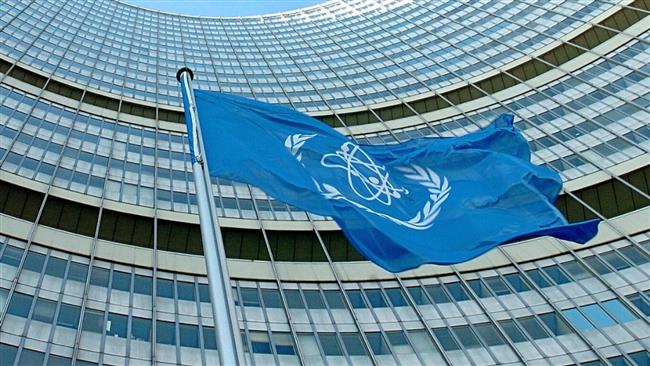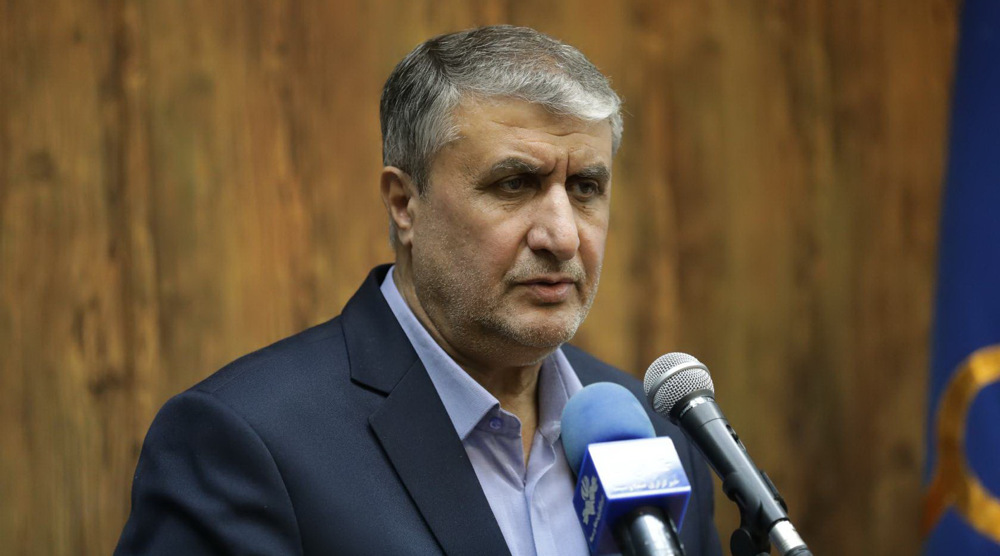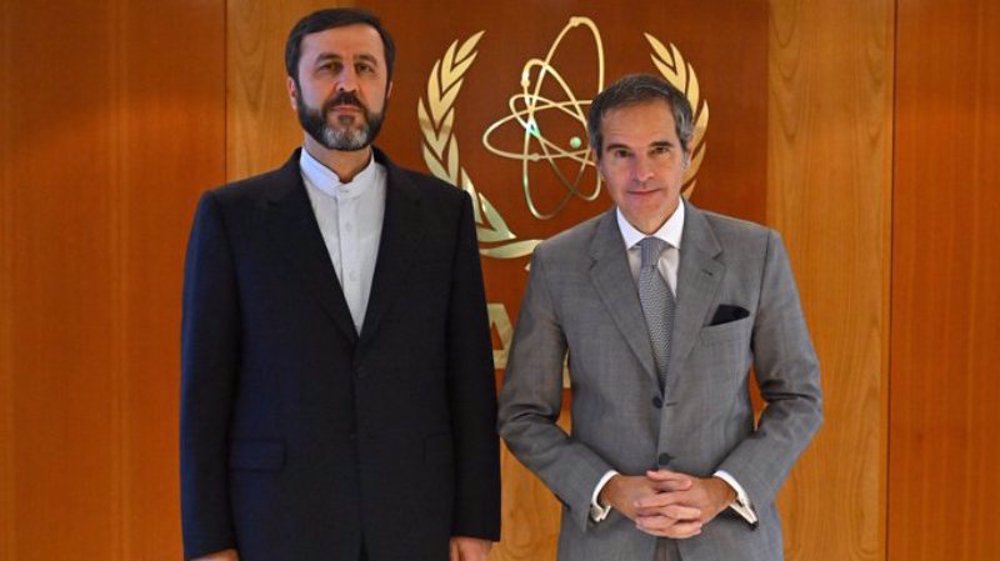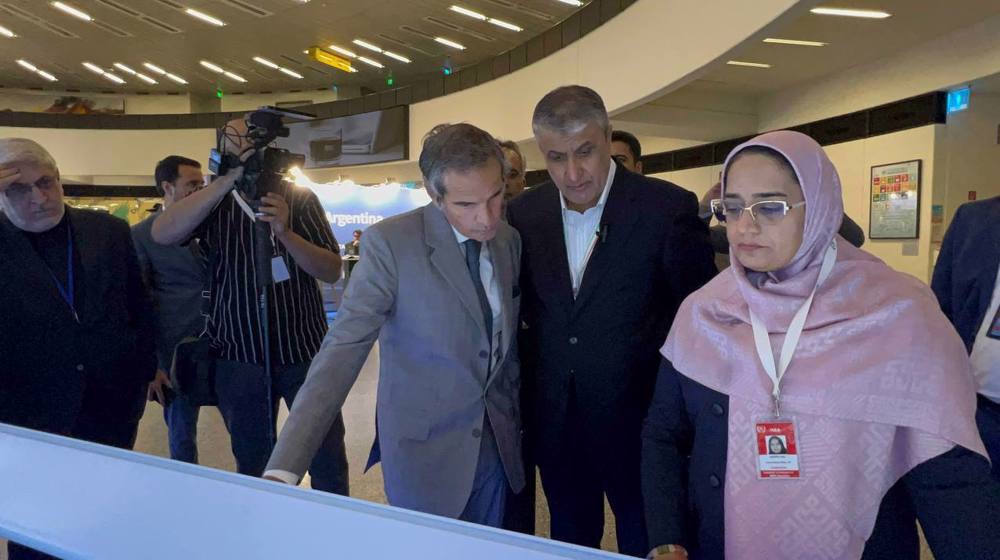IAEA reaffirms Iran’s compliance with 2015 nuclear deal
The International Atomic Energy Agency (IAEA) has once again confirmed that Iran remains in compliance with its commitments under the landmark nuclear agreement it signed with the P5+1 group of countries more than two years ago.
Iran's stock of low-enriched uranium was 96.7 kilograms as of November 5, well below a 202.8-kg limit, and the level of enrichment did not exceed the 3.67-percent cap, according to the IAEA’s confidential report sent to the agency’s member states and seen by Reuters.
Iran's stock of heavy water, a chemical used as a moderator in a type of nuclear reactor that can produce plutonium, stood at 114.4 metric tonnes, the report said.
Under the nuclear accord – known as the Joint Comprehensive Plan of Action (JCPOA), Tehran has agreed to keep its heavy water stockpile below 130 metric tonnes.
The report is the first after US President Donald Trump delivered an anti-Iran speech on October 13, in which he said he would not continue to certify Iran’s compliance with the terms of the JCPOA.
Trump has called the JCPOA, reached under his predecessor, Barack Obama, “the worst deal ever” and warned that he might ultimately terminate the agreement.
Iran and the five permanent members of the United Nations Security Council – the United States, France, Britain, Russia and China – plus Germany signed the nuclear agreement on July 14, 2015 and started implementing it on January 16, 2016.
Under the JCPOA, Iran undertook to put limits on its nuclear program in exchange for the removal of nuclear-related sanctions imposed against Tehran.
The IAEA has already issued eight reports verifying Iran’s full compliance with the agreement.
Trump’s refusal to certify Iran’s compliance with the JCPOA did not constitute a US exit from the accord. The US Congress now has less than 60 days to decide whether to reimpose economic sanctions on Tehran that were lifted under the nuclear accord.
The other parties to the accord - Britain, Germany, France, Russia, China and the European Union - have all reaffirmed their commitment to it and urged the United States not to back out.
Head of the Atomic Energy Organization of Iran (AEOI) Ali Akbar Salehi said on Sunday that if the 2015 nuclear agreement fell apart, the Islamic Republic would take measures that would "astound" other parties to the deal.
He added, “if it falls through, we will [take appropriate measures that will] astound them.”
EU believes JCPOA should be upheld
Meanwhile, German Foreign Minister Sigmar Gabriel said on Monday that he had agreed with his French and British counterparts, Jean-Yves Le Drian and Boris Johnson, respectively, as well as EU foreign policy chief, Federica Mogherini, that the nuclear deal should be upheld.
“We are united in that we want to maintain an agreement on Iran's nuclear program,” Gabriel said following his meeting with the other two European foreign ministers.
Israeli strike on Lebanon kills at least 15 people
Israeli forces kill 7 more Palestinians in West Bank
VIDEO | US presidential election
Netanyahu fires military affairs minister Gallant
Hezbollah attacks turn Israel’s Haifa into a ghost town
Iran’s FM meets Pakistani PM, discusses bilateral ties, Israeli atrocities
Iran ramps up gasoline output amid rising demand
UK foreign secretary under pressure over denial of genocide in Gaza











 This makes it easy to access the Press TV website
This makes it easy to access the Press TV website